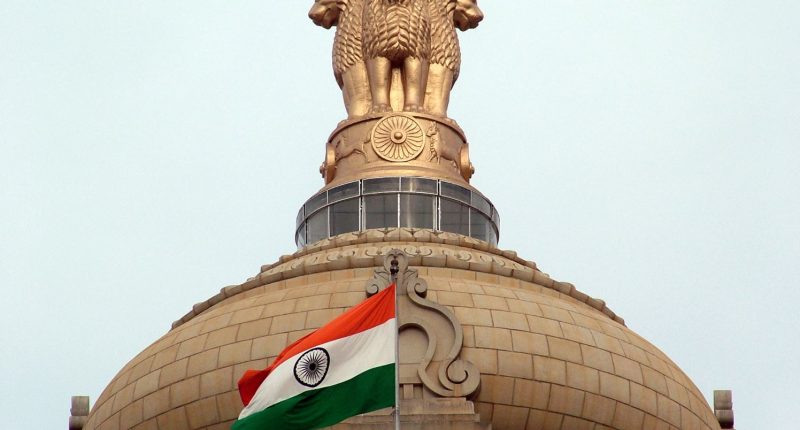The Union Cabinet has approved the Promotion and Regulation of Online Gaming Bill, 2025, a legislative move that proposes a blanket prohibition on all online games involving monetary transactions. The bill, which is expected to be introduced in Parliament imminently, is aimed at consolidating regulatory power at the federal level and addressing social, economic, and national security concerns associated with the unregulated real-money gaming sector.
The proposed legislation defines an “online money game” as any digital game, regardless of whether it is based on skill or chance, that requires users to pay a fee or stake money in the expectation of a monetary return. This broad definition effectively erases the long-standing judicial distinction between games of skill and games of chance, which previously provided a legal foundation for fantasy sports and online card games. The Ministry of Electronics and Information Technology (MeitY) will be designated as the central regulatory authority. The bill also provides for the creation of a new, statutory body with powers to classify games and recommend the blocking of illegal platforms.
The bill’s framework is designed to choke off the financial and promotional lifelines of real-money gaming platforms. For one, banks and other financial institutions will be barred from processing or transferring funds for online money games, directly impacting both domestic and offshore operators. For another, all forms of advertising and promotion for real-money gaming, including celebrity endorsements, have been criminalized. In addition to this, if anyone is found to offer or facilitate an online money game, then they will be hit with up to three years of imprisonment, a fine of up to ₹1 crore, or both. Advertising such platforms can result in up to two years of imprisonment and a fine of up to ₹50 lakh. Repeat offenders face even harsher penalties.
The government’s decision is justified on multiple grounds, as outlined in the bill’s objectives. It seeks to end the legal confusion caused by a fragmented patchwork of state-level laws. Officials also cite rising concerns over addiction, mental health issues, and suicides linked to gambling and financial losses. The legislation aims to combat fraud, money laundering, and tax evasion, pointing to the use of offshore platforms and cryptocurrencies for illicit fund transfers. By creating a unified regulatory framework, the government intends to protect vulnerable users and establish a clearer legal environment.
Unsurprisingly, the bill has been met with strong opposition from India’s online gaming industry, which has grown into a multi-billion dollar sector. Industry associations have warned that a blanket ban could be a “death knell” for a sector that employs over 200,000 professionals and has attracted foreign direct investment as well.
The bill, however, makes a clear distinction by encouraging the growth of e-sports and non-monetary, skill-based social games. While popular fantasy sports and card games are likely to be outlawed, competitive gaming tournaments for titles like BGMI and FIFA Mobile would be deemed legal and fall outside the scope of the ban. The legislation, once enacted, is expected to reshape the domestic digital entertainment landscape by separating these two distinct forms of gaming.
By broadly defining “online money games,” the legislation effectively dismantles the legal foundation of India’s multi-billion dollar real-money gaming industry, which has relied on the judicial distinction between games of skill and games of chance. This move is also expected to create economic disruption, threatening an industry that has created thousands of jobs, and contributed considerable tax revenue as well. Nonetheless, the ban could have the unintended consequence of driving users and operators toward unregulated, offshore platforms, making them more vulnerable to scams and pushing the activity into a legal and financial black market where the government has no oversight.
The Tech Portal is published by Blue Box Media Private Limited. Our investors have no influence over our reporting. Read our full Ownership and Funding Disclosure →






